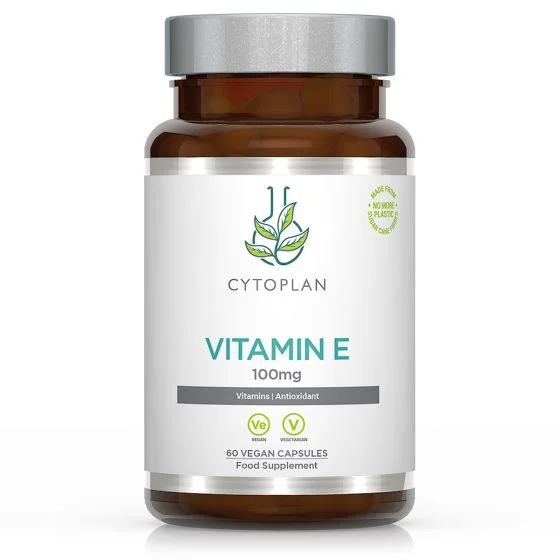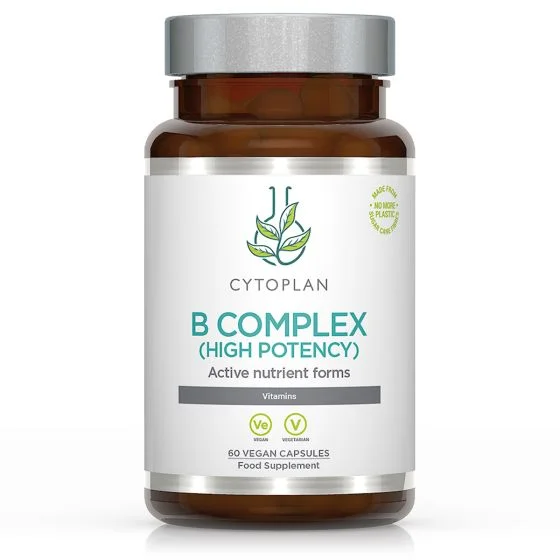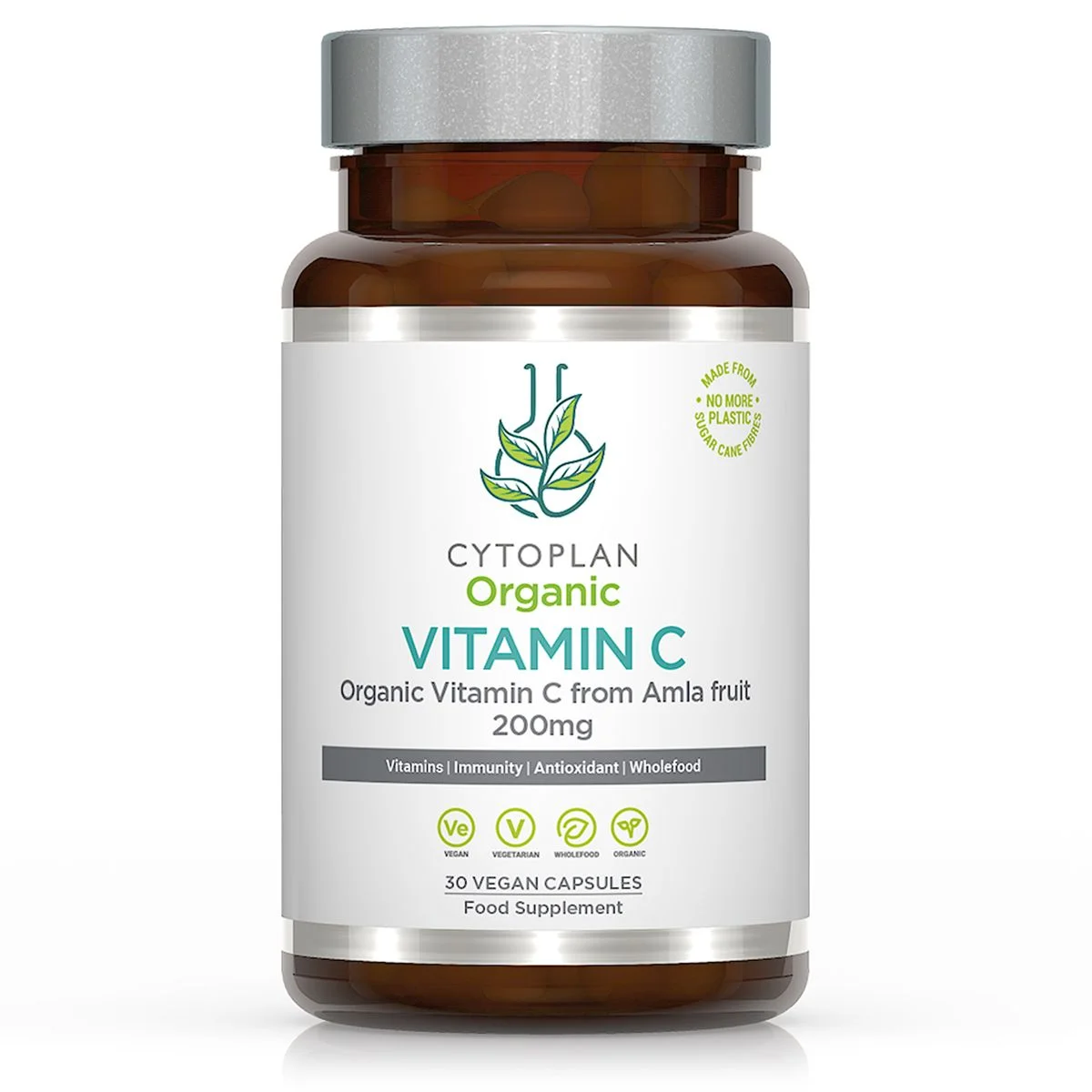Why do natural supplements make a difference?
There are basically two types of dietary supplements: natural and synthetic. Both types have their detractors and supporters, so it’s crucial to choose the one that fits you and your way of life the best. Learning more about the distinctions between natural and synthetic supplements is the best method to do that.

What Are Synthetic Supplements?
According to scientists, synthetic vitamins and minerals are the same as those found in food. That’s obviously not conceivable since natural vitamins and minerals come from plants, whereas synthetic vitamins and minerals are manufactured in a lab. Even when a microscope couldn’t tell the difference, your body can. Natural components are scarce or absent in synthetic supplements. Some products advertise that they include 10% natural vitamins, while the remaining chemicals were likely created in a lab. Synthetic dietary supplements contain compounds that were created in a lab as their “ingredients.” Although they might feel, taste, and look like natural supplements, your body probably won’t absorb synthetic supplements the same way it would a natural supplement.
What Are Natural Supplement?
Concentrated vitamins and minerals found only in plants make up natural supplements. They are not formed in a lab, even if they are produced there for sterility reasons. Natural supplements are created by nature. As near to nature as you can get without ingesting the actual plant is with natural vitamins. You can consume concentrated doses of vitamins and minerals by using natural supplements. Additionally, they enable you to obtain vitamins and minerals from plant foods that may be unavailable to you in remote locations.
Why Take Natural Supplements?
Much of the growing soil has lost nutrients as a result of years of nutrient depletion and pesticide and weed killer poisoning of the environment. This implies that, despite your best efforts to eat healthfully, you could not be obtaining the same quantity of vitamins and minerals that your predecessors did when they consumed the same foods. It almost seems like the nutrients are being diluted. The same vitamins and minerals that are present in natural foods are enriched in natural supplements. You get the exact nourishment that you should have gotten from eating a balanced, plant-based diet when you add natural supplements to your diet.

How the Body Reacts to Synthetic Vitamins?
The case of vitamin B2 is a prime illustration of this. Many people’s diets fall short in this area. However, the body easily assimilates natural supplements that contain vitamin B2. Acetic acid, bacteria, and nitrogen are used to create the synthetic version of vitamin B2. The synthetic form is difficult for the body to absorb, and much of it is excreted in waste.
It’s crucial to pick supplements that the body can easily absorb and that are most similar to entire foods while taking them. The choice between natural and artificial supplements is entirely up to you. However, bear the aforementioned details in mind while selecting your supplement brand.
Some Recommended Organic Supplements
Here are some recommended organic supplements that are proven to be 100% natural
Vitamin E

A biologically active and naturally occurring form of vitamin E, which the body prefers to use. Antioxidant vitamin E aids in the defence of cells against oxidative damage.
B Complex (High Potency)

A thorough, very effective B complex mix that supplies essential B vitamins in their most active forms. B vitamins serve a variety of functions, such as assisting in the release of energy from meals, promoting healthy nervous system function, assisting in the decrease of exhaustion and fatigue, and assisting in maintaining regular psychological function.
Organic Vitamin C

A natural source of vitamin C, carotenoids, bioflavonoids, and other polyphenols, organic amla fruit is used to make 200 mg of vitamin C per capsule of organic vitamin C. Vitamin C is found naturally with bioflavonoids in fruits and vegetables. the Soil Association’s organic certification. Vitamin C is an antioxidant because it helps to protect cells from oxidative damage.
Conclusion:
There’s no doubt that the food we eat has a direct impact on our health. But in today’s fast-paced world, it’s often difficult to make sure we’re getting all the nutrients our bodies need from our diet alone. That’s where natural supplements come in. By filling in the gaps in our diet, natural supplements can help to ensure our bodies are getting everything they need to function at their best. In addition, natural supplements are typically made from whole foods, which means they contain all the essential nutrients needed for absorption. This makes them more easily utilized by the body than synthetic vitamins, which are often unable to be fully utilized by the body. As a result, natural supplements can play a vital role in supporting overall health and well-being.








